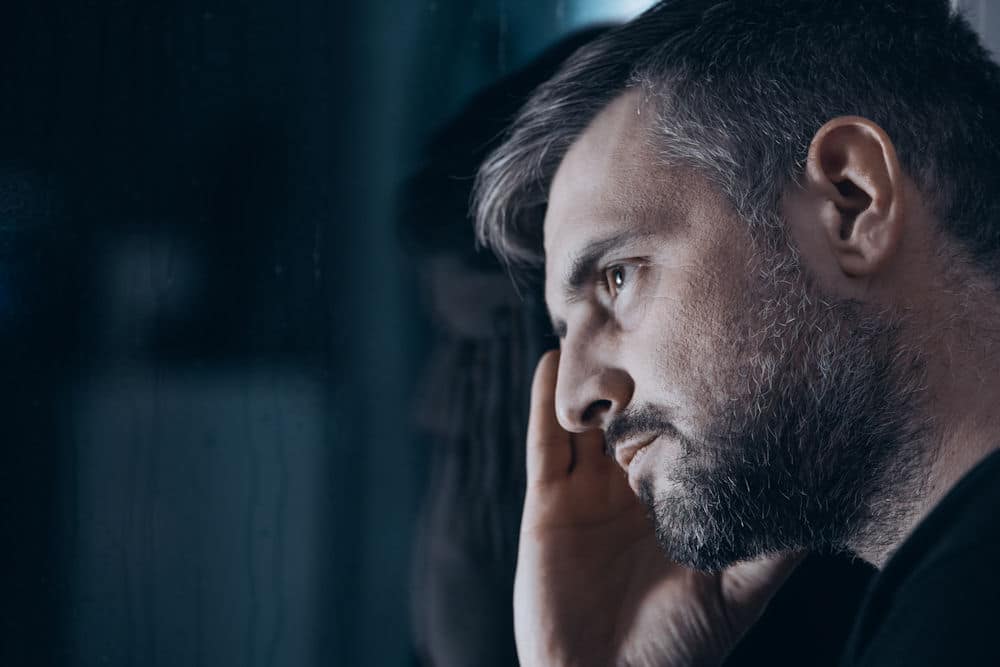Sleep disorders and cocaine addiction often go hand in hand, making life tough for those caught in this cycle. The two issues feed off each other, creating a big problem. This article sheds light on how sleep and cocaine addiction are linked, how cocaine messes with sleep, and how treating sleep issues can help fight cocaine addiction.
The Impact of Cocaine on Sleep
How Cocaine Messes With Sleep
Cocaine makes it hard to fall asleep. It’s a stimulant, so it keeps you awake, causes you to wake up often during the night, and cuts down on the total sleep time. This lack of sleep can lead to wanting more cocaine. This cycle causes more stress and less sleep.
Changes in The Brain
Cocaine messes with brain chemicals like dopamine, orexin, and adenosine which play a part in sleep. Dopamine is tied to feeling good and wanting rewards. When cocaine changes how dopamine works, it messes up sleep patterns and can make the craving for cocaine stronger.
Sleep Loss Fuels Cocaine Use
Losing sleep due to cocaine use can make the craving for cocaine stronger. Understanding how sleep loss and cocaine use are linked can help find new ways to treat cocaine addiction.
Sleep Issues and Drug Use
Sleep problems can make life miserable and sometimes, people turn to drugs like cocaine, an upper, to feel better. However, this can start a cycle of drug use and sleep issues. In a way, sleep problems can act as a stepping stone to cocaine addiction. Learn more about uppers and downers.
The Role of Microglia and Neuroinflammation
Both sleep problems and cocaine use can turn on microglia, the brain’s cleanup cells, and cause neuroinflammation. This brain inflammation can worsen sleep issues and make cocaine addiction harder to beat.
High Risk of Drug Addiction with Sleep Disorders
People with sleep disorders are at a higher risk of falling into drug addiction. Cocaine might seem like a quick fix to stay awake, but in the long run, it only makes sleep problems worse.
The Potential of Sleep-Based Therapeutic Approaches
Sleep as a Tool for Recovery
Sleep can play a big role in helping overcome cocaine cravings. When someone gets enough rest, their brain can better fight off the cravings for cocaine. Studies have shown that sleep can help manage cocaine cravings and even prevent relapse, making it a key part of treatment plans1.
Sleep Therapy in Addiction Treatment
Sleep therapy can be a new path in treating cocaine addiction. By learning to sleep better, individuals can improve their chances of recovering from cocaine addiction. Sleep therapy can include things like learning good sleep habits, using relaxation techniques, and even taking part in sleep studies to understand and treat sleep issues better.
Addressing Sleep Disorders in Cocaine Addiction Treatment
Treating sleep disorders along with cocaine addiction can give a more rounded recovery. It’s not just about stopping drug use but also fixing other problems like sleep issues that can feed the addiction. By treating both, individuals stand a better chance of a full recovery.
Neurological Underpinnings
How Cocaine Changes the Brain
Cocaine changes how the brain works, making sleep harder to come by. It messes with brain chemicals that are important for sleep, like dopamine. These changes in the brain can make cocaine very addictive and disrupt sleep even more1.
The Orexin System and Relapse
The orexin system in the brain has a say in reward-seeking behavior, which is a big part of why cocaine is addictive. Studies have looked into how this system can trigger relapse, making understanding it key to finding new ways to treat cocaine addiction2.
The Troubling Link Between Cocaine and Sleep
The link between cocaine and sleep is troubling. Cocaine use leads to sleep problems, and these sleep problems can make cocaine use even more appealing. It’s a tough cycle to break, but understanding the brain changes can help find new treatment paths.
Moving Forward with Holistic Treatment Approaches
The Importance of Treating Both Issues
To really tackle cocaine addiction, it’s important to also address sleep disorders. By looking at the whole picture, treatment can be more effective. Treating only one issue might not give the full recovery that’s needed.
Holistic Treatment Options
Holistic treatments can help by treating the person as a whole. This can include sleep therapy, nutrition counseling, exercise programs, and other treatments that address both the cocaine addiction and the sleep disorders.
Encouraging a Broader Perspective
It’s key to open up to a broader view of treatment. This means not just focusing on stopping cocaine use, but also on fixing sleep problems and other related issues. This broader view can lead to better recovery rates and a better quality of life for those in recovery.
Take the First Step Towards a Comprehensive Recovery
Breaking free from the cycle of sleep disorders and cocaine addiction requires a holistic approach. If you or a loved one are struggling with cocaine addiction, understanding the crucial role of sleep could be a game-changer in your recovery journey. Reach out to a treatment center that offers a comprehensive approach, addressing both the sleep disorders and the addiction. Your path to a healthier, drug-free life begins with taking that first step. Don’t let sleep disorders hold you back from overcoming cocaine addiction. Take action today for a brighter, healthier tomorrow.








